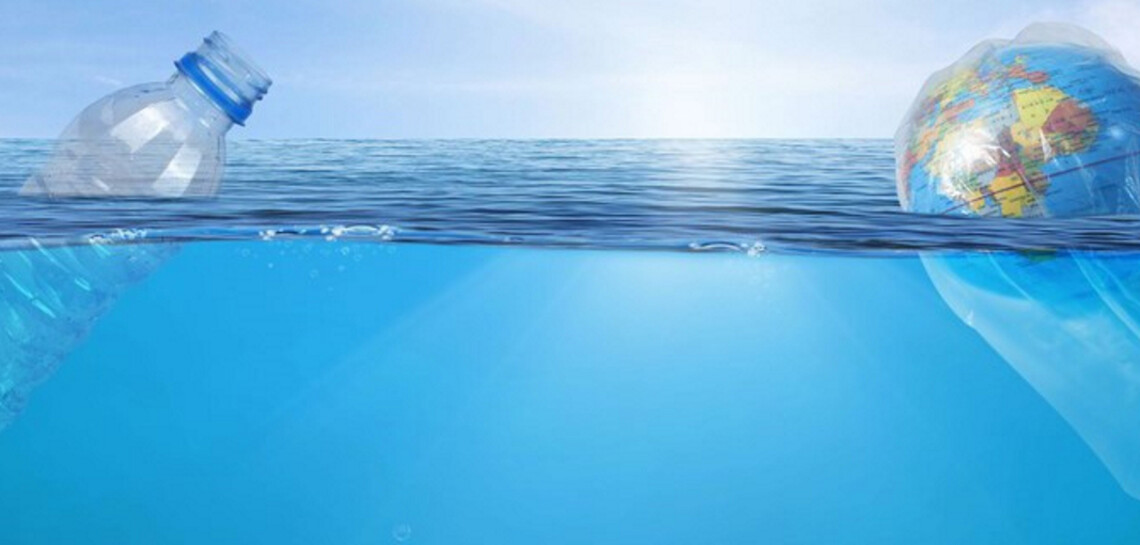As stated in our global newsletter in April 2022, on 1 January 2023 a new tax entered into force in Spain on non-reusable plastic packaging (hereafter, the “Spanish Plastic Tax” or “Plastic Tax”), which had been postponed several times (see WTS Global Newsletter Plastic Taxation in Europe).
The tax is expected to generate approximately EUR 724 million annually for the Spanish state. The corresponding law provides for a tax of EUR 0.45 per kilogramme of non-recyclable plastic packaging and an additional tax is to be levied on the incineration of waste and disposal in landfill.
The Spanish tax authorities have published several documents in the last months that further define this new tax’s features and related obligations.
In the FAQs published in early December 2022, the Spanish tax authorities provided further clarification on certain important aspects of the Spanish Plastic Tax law, including the scope, the main compliance obligations, the taxable base, the list of deductions and exemptions, the taxpayer definition, as well as the penalties.
In addition, a ministerial order published on 30 December 2022 approved and defined several compliance aspects, including the tax returns and tax refund templates, and the filing and the local registration process.
Scope
The Spanish tax authorities have provided a more detailed definition of “packaging”, which confirms that primary, secondary and tertiary packaging also fall within the Plastic Tax’s scope.
In addition, the FAQs have set out a non-exhaustive list of examples of products that have been specifically included within the Plastic Tax’s scope in Spain, as well as a list of those products that have been excluded from the tax.
Some of the products falling within the Plastic Tax’s scope include:
- Plastic bags used for different purposes (food freezing, vacuum packaging, mailing, diapers/nappies, snacks);
- Tetra bricks;
- Disposable plastic tableware (plates, glasses, jugs, cups, glasses) and beverage straws;
- Blister packs, boxes, cases and the like containing a single product or an assortment of products;
- Bottles of different products (pharmacy/drugstore, stationery, food, etc);
- Single-dose containers for food products, pharmacy/drugstore or perfume products or for samples used for advertising purposes, even if they can be refilled and reused;
- Mesh or nets (such as those used for fruit or toys);
- Sterile barrier systems (bags, trays and materials necessary to preserve a product’s sterility);
- Lids and caps for non-reusable containers, regardless of the material that the container is made of;
Plus, also for secondary and tertiary packaging, such as:
- Plastic rings that group units of a pack (such as beverage cans);
- Different film, foil and other wrapping products, such as packing tape, bubble wrap, or pallet covers.
The FAQs also list the following examples of products that are excluded from the tax’s scope:
- Specific products such as pens, cartridges, lighters, candleholders, hangers sold individually and erasers;
- Goods that are disposed of with the used product, such as air fresheners or coffee capsules;
- Reusable food trays;
- Disposable cutlery;
- Bags of specific characteristics such as garbage/rubbish bags, grilling bags, soluble bags for detergents, silica gel bags or tea bags.
The FAQs also clarify that if the taxpayer may benefit from an exemption on the Plastic Tax that is conditional upon the final destination of the taxable goods, then a statement must be issued by the acquirers of the goods prior to the first taxable transaction that confirms that the requirements for the exemption have been met. For instance, the manufacturing, import or acquisition within the EU of products containing plastic that are designed to close, market or present non-reusable packaging or containers when these products are destined for other purposes may be exempted from the Spanish Plastic Tax provided that the ultimate effective use or destination of the products is proved. The law leaves it up to the contracting parties to decide whether the statement is issued on a weekly, monthly or annual basis. The only necessary condition required by the law is that this statement is issued prior to the exemption’s application and is in possession of the taxpayer applying for the exemption.
In the FAQs, the Spanish tax authorities have also analysed and clarified specific products and transactions, and answered other enquiries regarding deductions, refunds and penalties.
Accounting obligations
The recently-published ministerial order includes the postponement of the manufacturers and EU acquirers’ stock records obligations for the first six months of 2023. The required accounting information from this first semester will have to be submitted to the Spanish Tax Authorities all at once and by electronic means within the month of July. The new order has also adopted the tax return and tax refund electronic templates and filing process, as well as the registration system and the specific documentation required for the registration application.
Compliance
The Spanish tax authorities have already implemented a simulator programme in which taxpayers can submit some information regarding the Plastic Tax, which the digital tool automatically shares with the Spanish tax authorities. An instruction sheet has been published including further guidance regarding this electronic filing.
Certification
The certification by any authorised entity (ENAC Authorisation) is valid to certify the amount of recycled plastic. During the Spanish Plastic Tax’s first 12 months of application (i.e. until 1 January 2024), an affidavit by the manufacturer will be enough. This certification can provide useful information to providers about their products, and is something which their clients can often request, even though it is not legally required to have certification in this regard.
Accrual
The effective date of accrual of the Spanish Plastic Tax is also confirmed in the FAQs:
- For imports, at the time when, after 1 January 2023, the accrual of import duties corresponding to the taxable imported products would have taken place according to the customs regulations;
- For acquisitions within the EU, when, from 1 January 2023, the accrual of the tax occurs (i) on the 15th of the month following the date when the dispatch or transport of the taxable product starts, or (ii) on the date when the invoice is issued provided that this takes place before the product’s dispatch or transport;
- For manufacturing, when the sale or delivery of products previously manufactured takes place after 1 January 2023 or when advance payments corresponding to such deliveries are made.
Next steps
Compliance with the new Spanish Plastic Tax is expected to be complex and very burdensome for taxpayers.
Companies should make sure that they have analysed all of their product portfolio in detail and identified all the products coming within the tax’s scope under the law.
In addition, companies should try to gather and prepare as much data as possible as is required by the law. This will be crucial to duly and in time file the first returns in 2023 and comply with the other obligations.
Finally, as there are still many uncertainties remaining regarding the interpretation of certain elements of the Plastic Tax law, it is important to keep monitoring all legislative developments and any other regulations and guidelines that might ‘shine some light’ on the law’s implementation.




